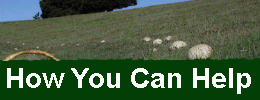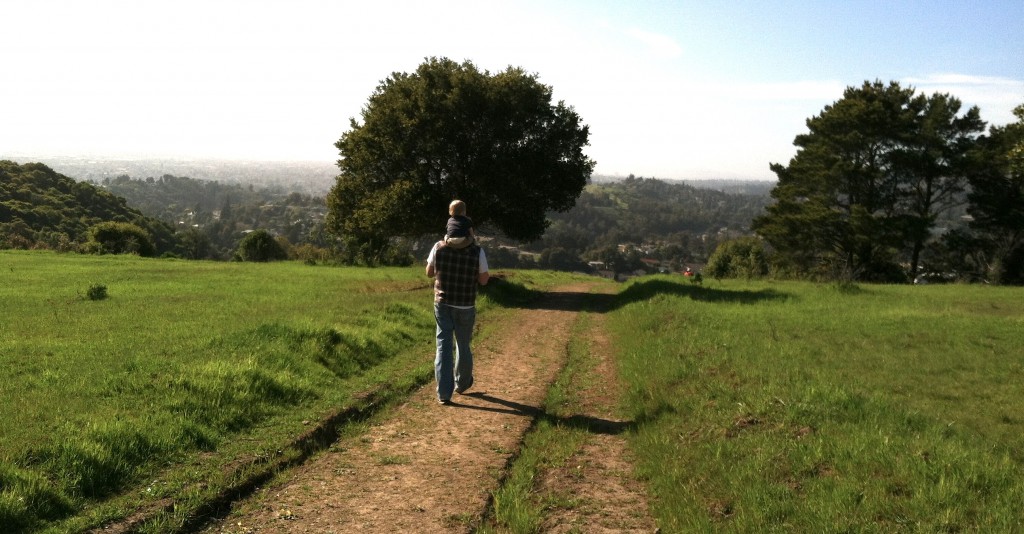 I’m not sure how I first learned about Knowland Park, and I can’t remember why I decided to go there. Very likely it was a sunny afternoon and I was determined to get my whirlwind of a two- year-old out of my living room and “into nature” – somewhere spacious where he could run and I could think.
I’m not sure how I first learned about Knowland Park, and I can’t remember why I decided to go there. Very likely it was a sunny afternoon and I was determined to get my whirlwind of a two- year-old out of my living room and “into nature” – somewhere spacious where he could run and I could think.
Oscar and I have only been to Knowland Park in the Oakland hills a few times; many days I’m just too toddlered-out to venture off the island of Alameda where we live. But I’d take him there over the Oakland Zoo any day.
I don’t have any well-articulated arguments against zoos, nor the Oakland Zoo in particular (I’ve never even been there). One of my oldest friends is a zoo curator in another county, and I know for a fact that he genuinely cares about animals and their welfare. He has dedicated his life to education and conservation of endangered species. But a zoo – even a relatively humane one – is not where I want to teach Oscar his first lessons about animals.
When my husband was about three years old, his parents took him to a zoo in England. He stared at a large bird of prey for a while – I think it was a bald eagle – and then started crying inconsolably. When his parents asked him what was wrong, he said something like “I’m crying because that bird is in jail.” Now, it is possible – even likely – that that eagle had been injured and was unable to live in the wild. It may have had a good habitat by zoo standards, and may have had conscientious caregivers. But my husband, as a toddler, couldn’t have appreciated those nuances. All he saw was a beautiful creature with wings who was not allowed to fly.
At age 8, or 10, or so, maybe Oscar will be able to understand why people make zoos, how some confinement situations are better than others, and make up his own mind about whether to visit zoos for entertainment. But at two years old, all he knows about animals is what I show him. I would rather his first experience be in his natural local environment, free from commercial influences, and with animals who are free to be who they are.
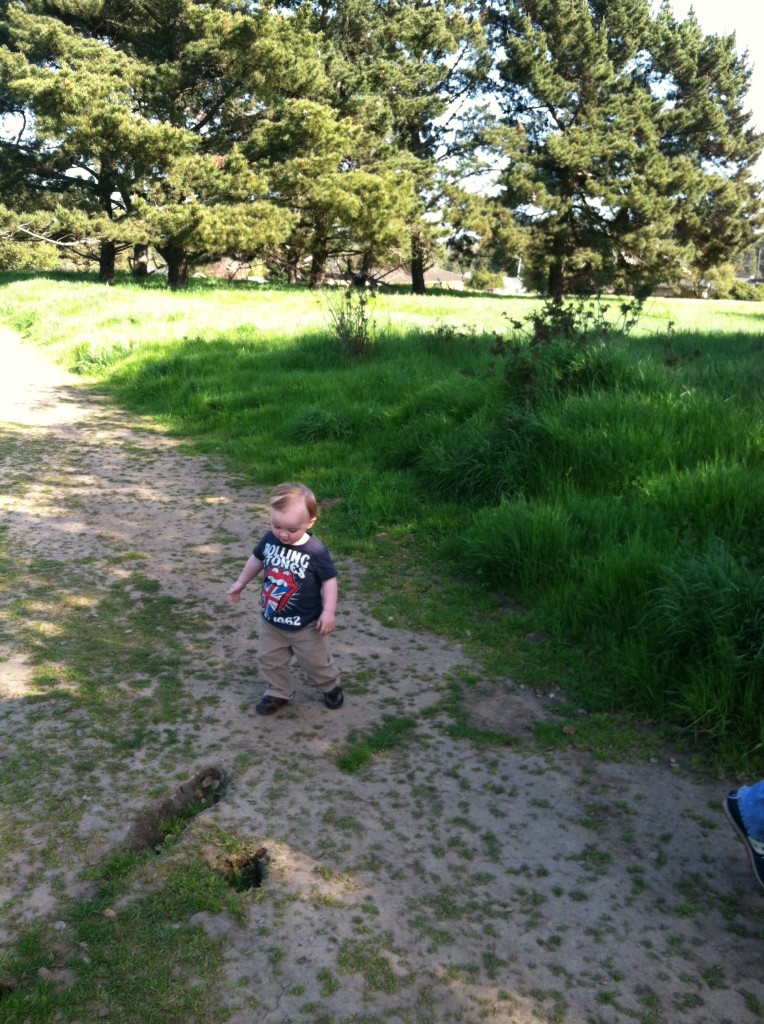 When we got to Knowland Park, the entertainment was not immediately visible. At first glance, it’s just a wide open space with trees. There are no lions, tigers, bears, no gift shop, no concession stand. Oscar wasn’t quite sure what to do at first. But then he started noticing things: a woodpile in front of a house bordering the park. Pine cones and rocks on the ground. Dogs loping through the grass. And all the birds. Brown birds, black birds, yellow-bellied birds, all chattering to each other in the high branches of an old oak tree. Of course at the time, all Oscar could do was point and say “birdie,” (and the birds no doubt contemplated an early migration when they saw him barreling towards their tree). But after a few trips back to Knowland Park, the Lake Merritt Gardens, and some of the East Bay Regional Parks, he doesn’t just say “birdie.” Sometimes he says “chickadee” and a few times he has said “brown towhee!” The names don’t matter – I’m not trying to raise a champion birder or anything – but the noticing itself matters. And it matters that he learns to see animals as their own creatures, with their own lives and reasons for being. They are beautiful to hear and watch, but they aren’t on this Earth to entertain him.
When we got to Knowland Park, the entertainment was not immediately visible. At first glance, it’s just a wide open space with trees. There are no lions, tigers, bears, no gift shop, no concession stand. Oscar wasn’t quite sure what to do at first. But then he started noticing things: a woodpile in front of a house bordering the park. Pine cones and rocks on the ground. Dogs loping through the grass. And all the birds. Brown birds, black birds, yellow-bellied birds, all chattering to each other in the high branches of an old oak tree. Of course at the time, all Oscar could do was point and say “birdie,” (and the birds no doubt contemplated an early migration when they saw him barreling towards their tree). But after a few trips back to Knowland Park, the Lake Merritt Gardens, and some of the East Bay Regional Parks, he doesn’t just say “birdie.” Sometimes he says “chickadee” and a few times he has said “brown towhee!” The names don’t matter – I’m not trying to raise a champion birder or anything – but the noticing itself matters. And it matters that he learns to see animals as their own creatures, with their own lives and reasons for being. They are beautiful to hear and watch, but they aren’t on this Earth to entertain him.
One day we met a great-grandfather in front of his house that borders the Park, and I talked to him while Oscar played on his front lawn. “I like the zoo, and I like the wild open space,” he said. “I’ve given money to both of them. We need both.”
Ralph Waldo Emerson is thought to have said “a man standing in his own field is unable to see it,” and I think that’s often true. Every year, thousands of us pile into cars and drive miles and miles to see the great national parks. Others of us donate money to environmental organizations, shaking our heads at the vanishing of America’s wild places. Most of us would say that we want our children to value and protect Nature so that they do not repeat the mistakes of earlier, less ecologically sensitive generations. We rage at the destruction of far away rain forests. Meanwhile, we watch while unassuming places like Knowland Park get paved over for zoos and soccer fields, and we miss them only after they’re gone.
It only takes a minute’s reflection to see the absurdity here. If earlier generations had fought harder for their Knowland Parks, people wouldn’t now have to flock to Yellowstone to see wild animals. National environmental advocacy groups do good work, but if every American fought for the Knowland Park in his or her own town, we wouldn’t need all those advocacy groups. And our children won’t value “Nature” as adults if their parents don’t stick up for the Knowland Park down the street. It will be hard for them to care deeply about the destruction of the world’s resources when their own local resources were destroyed to provide more room for a zoo, and no one nearby seemed to care.
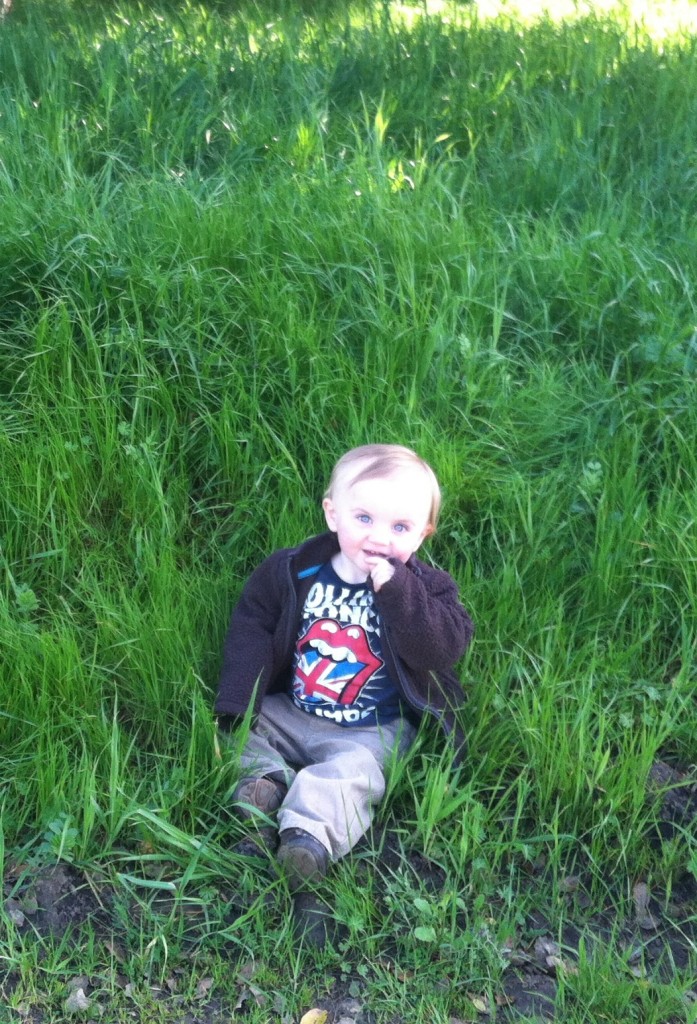 I plan to take Oscar to some of the famous national parks one day, and I’m sure he’ll eventually go to a zoo. But I don’t want him to think of “Nature” as an annual vacation destination or packaged activity for which you must always buy a ticket. First I want him to know the trees in his own backyard and view animals as his neighbors. A sense of intimacy and close interdependence with the Earth is what will teach him to respect it, and a place like Knowland Park can give him that. But an out-of-the-way hilltop open space isn’t going to defend itself; it has no public relations team or corporate logo. It only has us. For my child and all the other children, I hope we fight for it.
I plan to take Oscar to some of the famous national parks one day, and I’m sure he’ll eventually go to a zoo. But I don’t want him to think of “Nature” as an annual vacation destination or packaged activity for which you must always buy a ticket. First I want him to know the trees in his own backyard and view animals as his neighbors. A sense of intimacy and close interdependence with the Earth is what will teach him to respect it, and a place like Knowland Park can give him that. But an out-of-the-way hilltop open space isn’t going to defend itself; it has no public relations team or corporate logo. It only has us. For my child and all the other children, I hope we fight for it.
Heather Wood
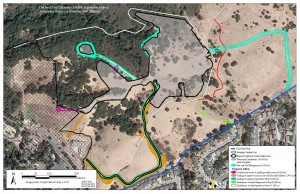 The Sierra Club has grown increasingly concerned about the California Trails exhibit that the Oakland Zoo proposes to build on the ridge line of Knowland Park. The City of Oakland approved the fifty-six-acre project in 2011 on a fifteen-year-old Mitigated Negative Declaration. Since then, however, the permitting agencies have provided significant pushback to the zoo’s claim that the project would have no significant environmental impacts. The California Department of Fish and Wildlife (CDFW) recommended that the project be built within the zoo’s existing footprint to avoid significant impacts to rare plant communities and to the threatened Alameda whipsnake. The U.S. Fish and Wildlife Service (USFWS), meanwhile, sent the zoo’s application back to the drawing board, noting that the project is at best conceptual.
The Sierra Club has grown increasingly concerned about the California Trails exhibit that the Oakland Zoo proposes to build on the ridge line of Knowland Park. The City of Oakland approved the fifty-six-acre project in 2011 on a fifteen-year-old Mitigated Negative Declaration. Since then, however, the permitting agencies have provided significant pushback to the zoo’s claim that the project would have no significant environmental impacts. The California Department of Fish and Wildlife (CDFW) recommended that the project be built within the zoo’s existing footprint to avoid significant impacts to rare plant communities and to the threatened Alameda whipsnake. The U.S. Fish and Wildlife Service (USFWS), meanwhile, sent the zoo’s application back to the drawing board, noting that the project is at best conceptual. Follow
Follow


